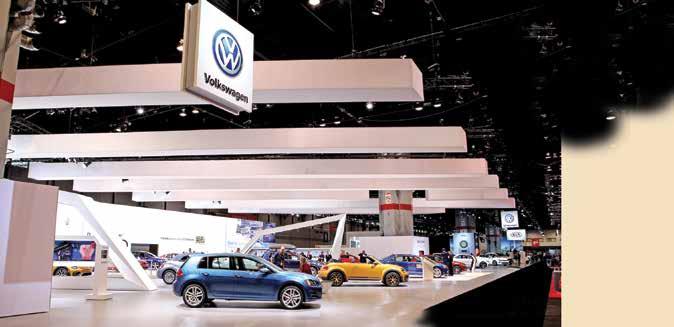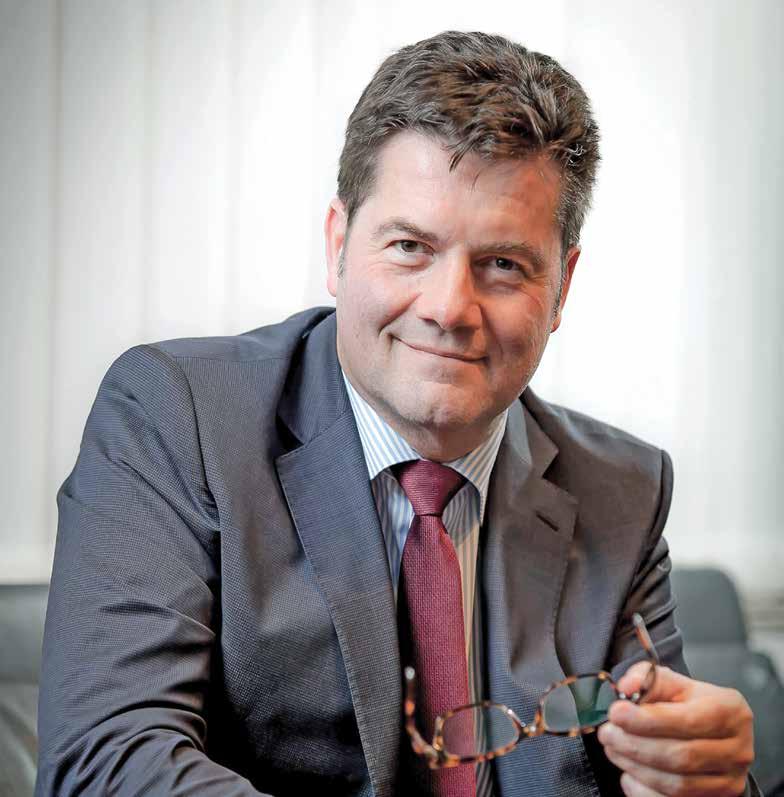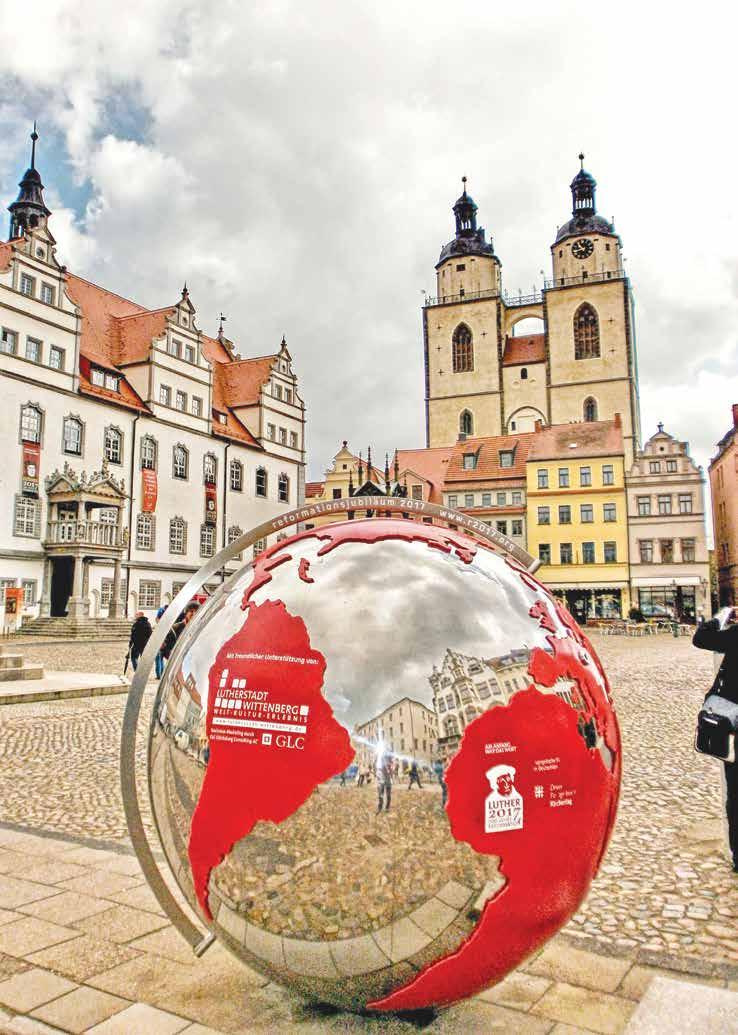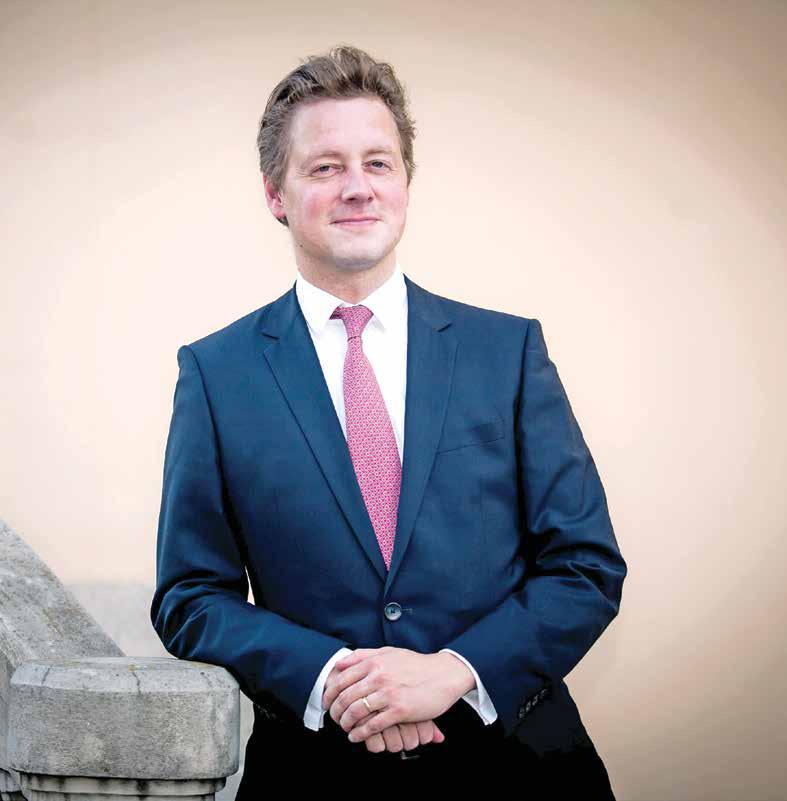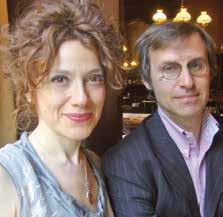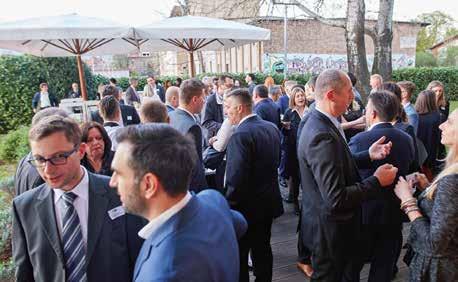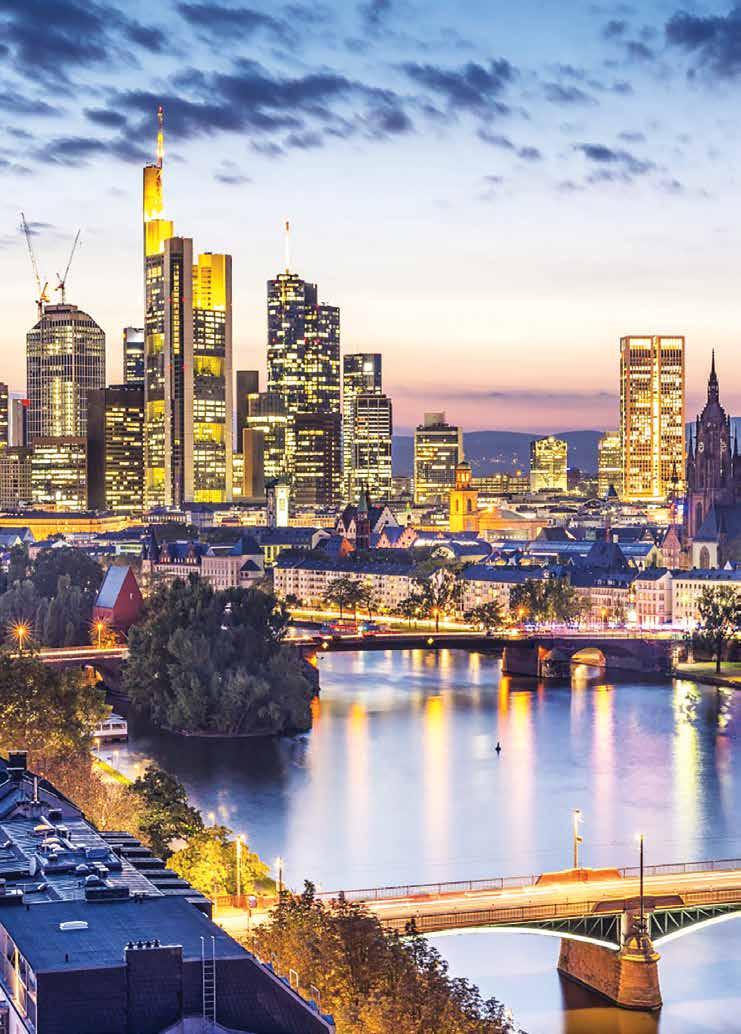
4 minute read
MADE IN GERMANY” BRAND BOOSTED
ECONOMY
Advertisement
Reinforced Trust, the Stamp of Quality
Following the recent blow to the image of the “Made in Germany” brand, in the wake of the Volkswagen affair, a question arose as to whether the brand that was synonymous with quality would survive. It did survive, and remains the unshakable symbol of a “job well done”.
The first thing to do was for the German business to have both of its feet firmly on the ground. There is a time to kill and a time to heal, they say, but here it was more like “there is a time to be killed and a time to be healed”. The shady business of the famous VW was once a hint of great danger, but now, in these increasingly shifting times, it seems like a nightmare Germany had… twenty nights ago.
THE STRENGTH OF GERMAN MITTELSTAND
Germany is not only home to some of the world’s biggest companies, but also hosts some 1,300 medium-sized companies, so-called Mittelstand, which is in f act the core strength of every economy. Wait! Was it not enough just to get the big players in to fix everything, as many of the Eastern European leaders thought back in the ‘90s, thus repeating the fatal mistakes of the South Americans and Africans during the post-colonial period? No! It is instead crucial to have medium-sized, often family-owned companies that dominate global niches. Some of them should, for instance, dedicate themselves to producing things like hospital beds, like Tente. And it is precisely these Mittelstand that
GERMANY IS DECENTRALISED AND REGIONALISED IN INDUSTRY, DIVERSIFIED TOWARDS MIDSIZED ENTERPRISES AND DEDICATED TO PRODUCTION
has made Germany so resilient during times of crisis. The Economist’s facts show that “Germany is more dynamic than the rest of continental Europe: its unemployment rate fell from 11.7% in 2005 to 6.7% in 2014. And it is more balanced than its fellow European dynamo, Britain, where the economy is dominated by London and the financial-services industry.” Germany's industry is decentralised and regionalised, while the UK's is centred in Southern England. Germany is diversified
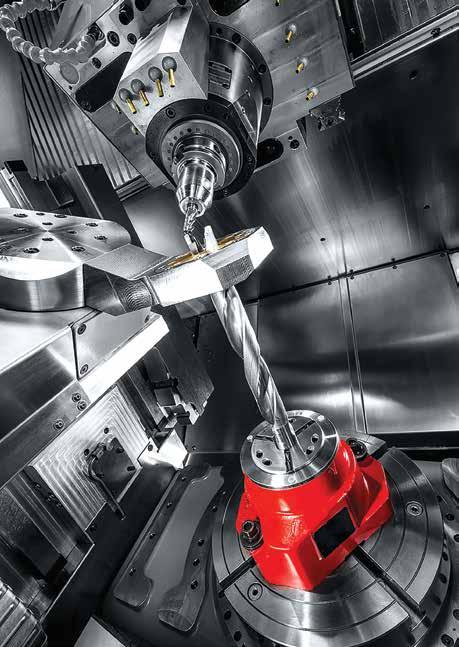
towards the mid-sized enterprises, while the UK tends to be full of giants. Germany is, finally, dedicated to production, which, surprisingly, has never failed to find its market, despite Chinese cheap products and globalisation. The United Kingdom likes to produce things elsewhere – a clear legacy of empire. Now the Brits count their money in London’s City and the Germans count money too, but not only that. Not all of their eggs are in the same basket, as has been evident from 2008 onwards.
THE PROBLEMS OF THE “ECONOMIC SUPERSTAR” OR “THE RICH WEEP TOO”
It went so far that the politicians dubbed their country a “Superstar” that had learnt how to stay afloat in the fluid and flexible modern economy and amongst the st orms, and despite the hyper-competition. But then, in 2015, Volkswagen did the unthinkable: it cheated. It was Germany’s biggest company and, after Toyota, the world’s second-biggest carmaker, and it had been caught using clever software to make a “slight detour” around America’s strict emissions standards. “The Volkswagen scandal is a disaster for the whole of the German automotive industry”, commented the famous Handelsblatt. And Doreén Pick, famed professor of marketing from Belgrin’s Freie Universität, said that the Volkswagen’s fiasco jeopardised the image of all products bearing the “Made in Germany” label, since it was precisely Volkswagen that embodied the faith in everything Germans consider their best qualities: sincerity, efficiency, reliability. ING were more alarmingly brutal: “All o f a sudden, VW became a liability to the German economy, even more than the Greek sovereign debt crisis.” Indeed, if you are “better than Greeks and Italians”, how can you afford to act like Rodney and Delboy in Peckham?
THE PHOENIX RISES AGAIN, THOUGH
However, this turned out just to be short-term crisis. In the end, a good system overrides malfunctions and overcomes obstacles. Co-determination produces social harmony, and slight mismanagements turning huge in the end were not fatal at all. Angela Merkel has reversed some of the negative trends of previous governments by introducing a minimum wage and increasing retirement payments, thus eliminating the social gap and social fears, and making Germans more proud, secure and confident that their country will not become another Britain, or any other Anglo-Saxon country. Since they are Germans, and would like to remain so. And only those who are deeply committed to their jobs, and who are confident that their country is the best place to live, will have a strong national brand. It certainly does not depend on the nation, race or geographical position. Japan or China can do the same, since they believe that they will be better off if
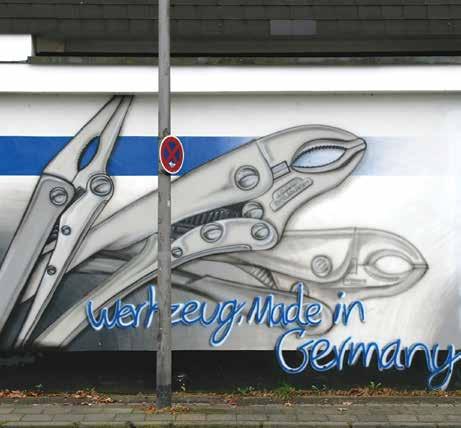
they stay within their system. And so we have received the “Made in Japan” brand, which still holds strong, and the “Made in China” brand, which is getting ever stronger. “Made in Germany” is being boosted once again, as just one scandal cannot destroy an economy; a system that is deeply positive, with apprenticeships and commitments, and with faith in engineers and quality. Many of those who promoted other models were full of “Schadenfreude” when VW did what they did, but now it is time to admit that the brand “Made in Germany” is no longer questioned, and only the greatest superstars can survive and recover from bad times so quickly.
